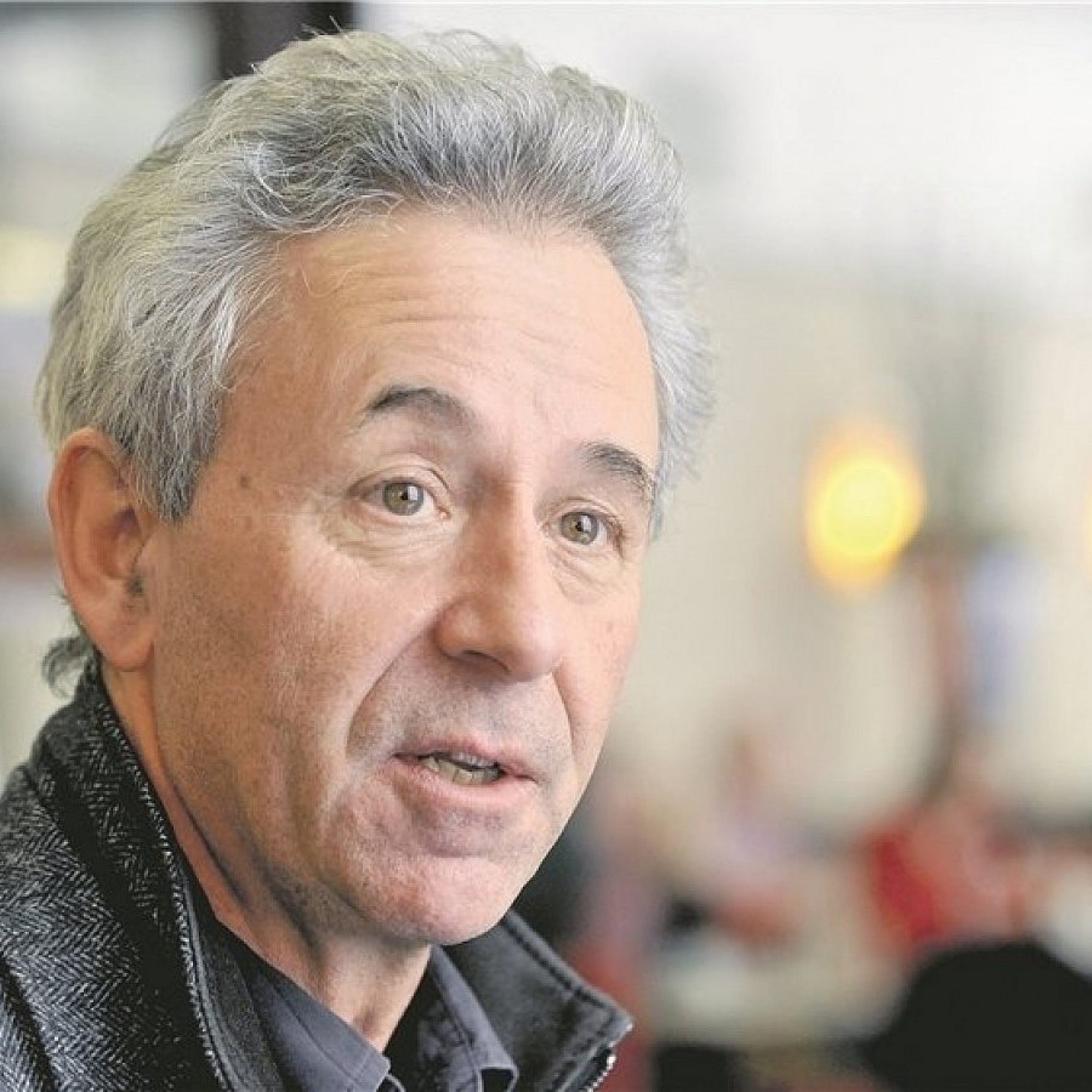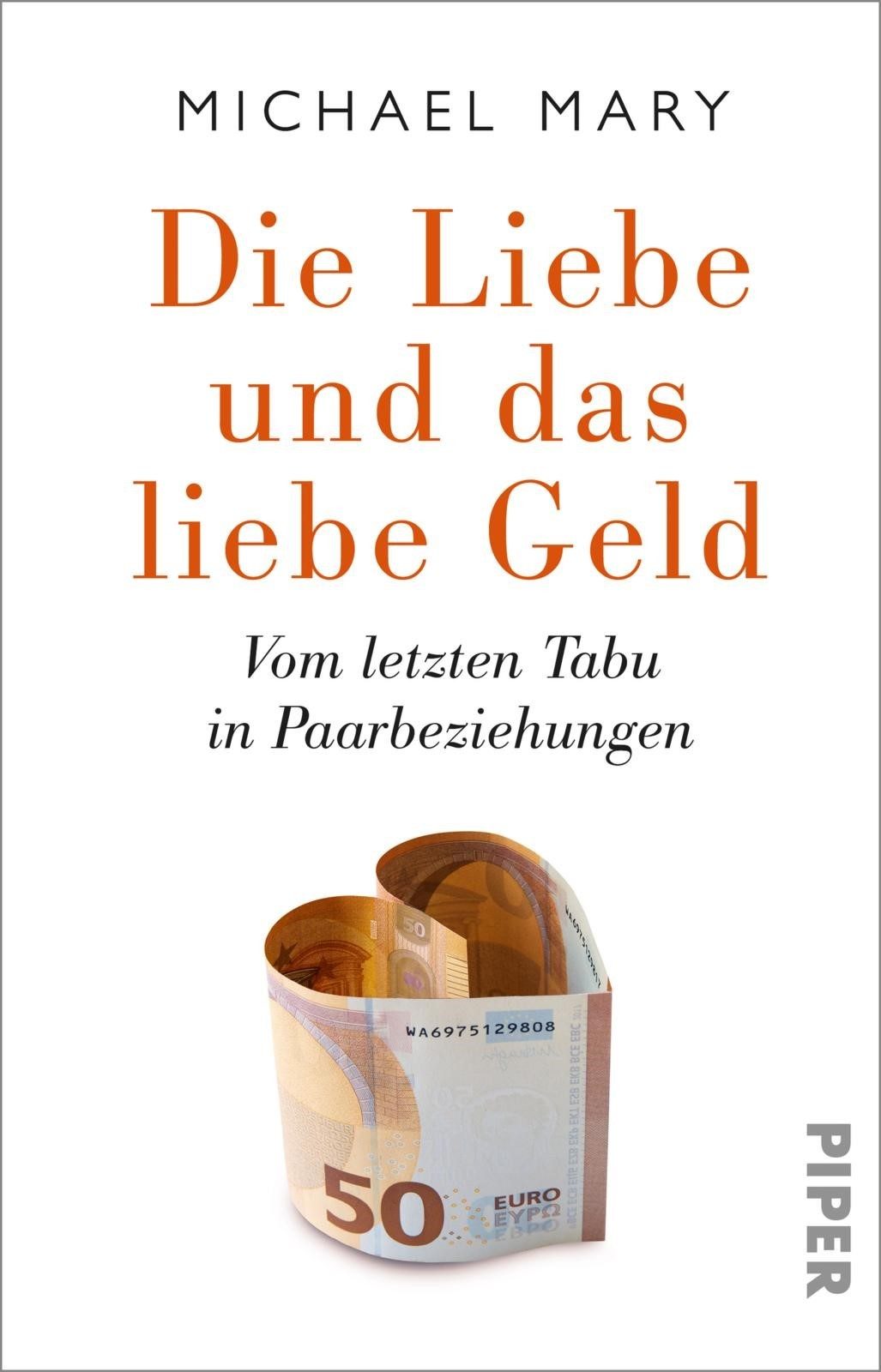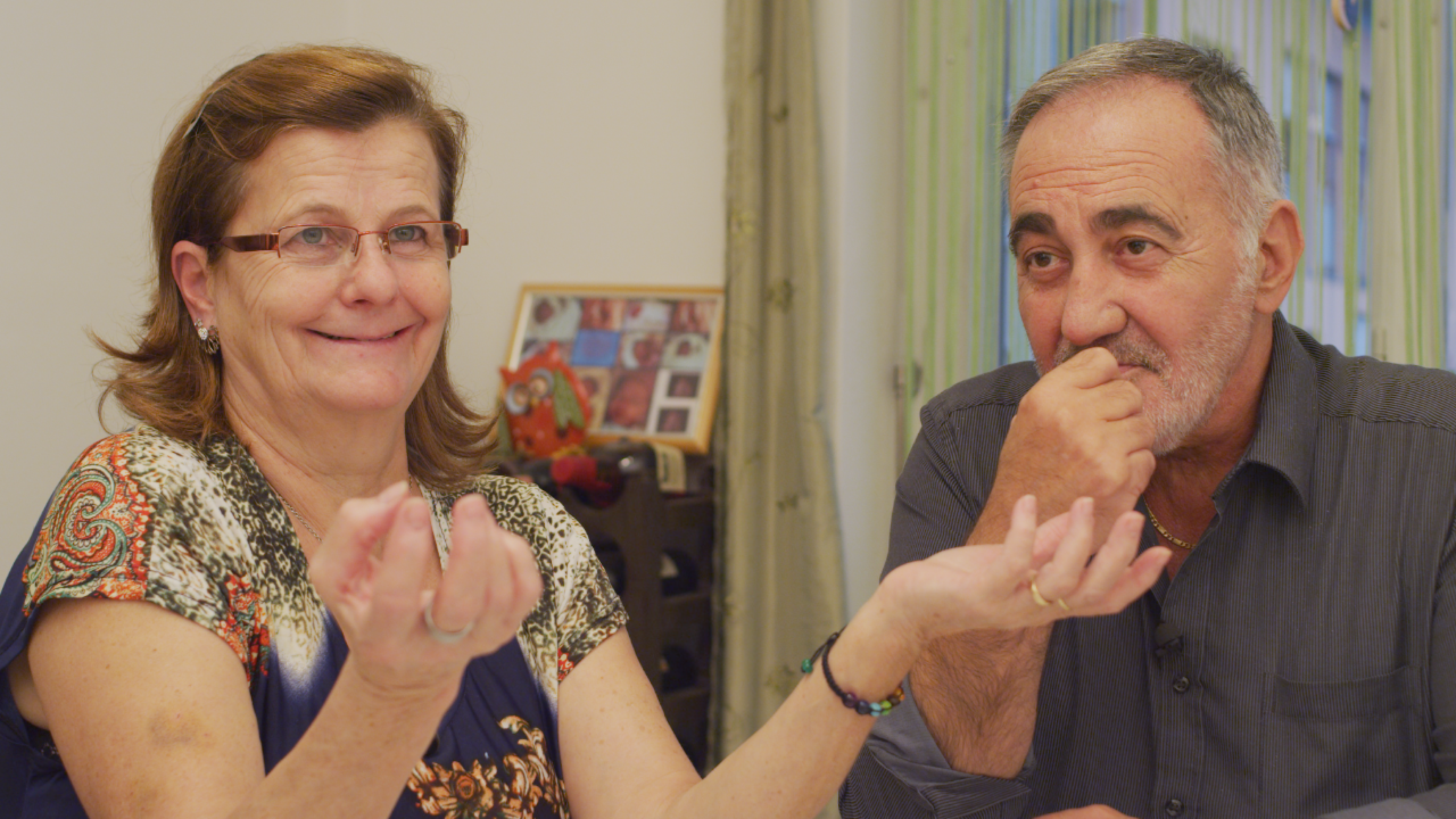Finance is one of the most difficult issues in relationships. A conversation with couples therapist and author Michael Mary about different forms of money, financial negotiations with a partner, and the question of how much self-determination is required concerning finances in a partnership.
Mr Mary, what do you have against romance in love?
Nothing at all. On the contrary, I would definitely describe myself as romantic.
Nevertheless, you encourage couples to talk about money as early as possible.
That’s not a contradiction, because love and money belong together from the very beginning. From the very first date, the question arises as to who pays? Shall we leave a tip? And the topic becomes unavoidable at the latest when they move in together. Experience has shown that the better couples can talk about money, the better their relationship. But it’s true, the subject of money is the last taboo in love. Not talking about it makes it one of the most common causes of conflict in relationships.
Why is the subject of money so contentious?
Money and love supposedly have nothing to do with each other: Love is personal and emotional, while money is impersonal and cold. Anyone who does talk about money is scared of upsetting their harmony and joint happiness.
What’s the “right” way to talk about money in a relationship?
By distinguishing between different forms of love and money: partner money, friend money and love money. By separating these terms we can define exactly what purpose the money is to serve. And depending on the use, the way it is handled also differs.

What does partner money mean?
It’s all about partnership, i.e. reliability and observance of a contract. In this area, it must be clear who contributes what to their living costs, shared home or family life – and how these contributions are balanced out. Negotiations regarding partner money require a cool head, which is why I call it “cool money”. For example, I can pay more for our shared home, but I want this to be balanced out somewhere else.
What is friend money for?
Friend money is about sympathy and support. Here, money serves the happiness and well-being of the other person, for example, by co-financing their continuing vocational training or an expensive hobby. Doing good for each other is key. It's not negotiable. It's not about offsetting and paying back, it's about giving and taking. It's about agreements and participation. The main question is what can I do to make you happy? The money in this area is “warm money”.
And what do you get in return for love money?
Nothing. Here, money is an expression of love. I want to show my partner what he or she means to me. This money is “hot money”. Love money evaporates. You give unconditionally.
What is the advantage of this distinction?
It helps to clarify matters and avoids misunderstandings. Let's assume that one partner wants to go self-employed as an occupational therapist, and the other partner, who recently came into an inheritance, says: "Ok, I'll give you the starting capital." Then it’s important to clarify what this means. As partner money? Does he expect this to be balanced out? If it’s friend money, how can she return the favour in another way? Or is it a gift of love money? There are different expectations that then become the subject of communication.
How much self-determination do you need when it comes to money? Do you recommend that couples have separate accounts in order to avoid conflicts?
That can help. However, if there is a big difference in income, or the requirements differ greatly, there is still a need for clarification. One wants to go to the Maldives, while the other can “only” afford a beach holiday in Mallorca – what should you do? To avoid money playing a destructive role in the relationship, the partners should aim for a constant balance. It’s best to address wage differences openly in order to deal with the difference in a way that is good for both partners.
There are very different financial types, from savers to gamblers and squanderers. What should you do if a couple is diametrically different in this regard?
This is very often the case, but it doesn’t have to be a problem. You just can't expect the other person to be the same as you. If a couple moves into a shared home and one likes expensive interiors while the other prefers it minimal and practical, you shouldn't argue about who's right. The question is rather, what’s the best way to deal with these differences?
Should the saver take over their financial management, so that, for example, provisions are made for their retirement?
Then the squanderer will say that saving is all well and good, but it’s also important to enjoy life. You have to acknowledge the differences and agree on how to deal with them. There isn't a one-size-fits-all solution, it's different for every couple.
Isn't it wiser to split up if money issues are causing problems?
No. But then it’s better not to enter into any financial commitments together. I once saw a couple where the woman had recently come into an inheritance. She wanted to buy a house and asked her partner if he wanted to participate. However, he wanted to keep his money and pay her rent. A good example of how to avoid conflicts.
Starting a family is often a pivotal moment in a relationship – also from a financial point of view?
Yes, it usually creates an imbalance. One parent gives up their career to take care of the children. This not only means a loss of income and career, it also means a reduction in retirement provisions. When it comes to money, you should basically think of a relationship from the end. At the latest when there are children. So ask yourself what would happen if we split up?

Should the young family assume the worst at that moment of immense happiness?
Yes, it is precisely then that the tolerance for it is greatest. That's what we do in other areas of life. All insurance is based on the worst case, such as illness, an accident or death. It's about achieving a balance in a partnership. We must accept that non-material contributions such as housework or care work are just as important for the success of a partnership as paid work. You have to negotiate hard and determine from the outset what compensation you want for it. It’s best to have this certified by a notary.
What if one partner says “but that's not necessary, we love each other.”?
You could answer: “Yes, of course I love you. And if you love me the same way, then you won't mind making a contract with me.” Unfortunately, women in particular have a hard time doing this. They often consider financial regulations to be unromantic. This reluctance often leads them to accept major disadvantages. Being blind in money matters out of love can be very expensive.
How can women practice raising the issue of money?
There's not much to practice. They must want to, they must think it’s important, and they must not be persuaded, or persuade themselves, that money and love have nothing to do with each other.
Are younger generations or couples discussing money more pragmatically?
It’s hard to say. But I do get the impression that it’s becoming more common to keep the material areas separate. Each earns their own money, each has their own account, and only the joint costs are regulated. It gets interesting when children are born. Then it becomes clear whether couples can manage to approach the issue of money more soberly and negotiate fairer rules than their parents’ generation often did.

Michael Mary
Michael Mary is a relationship counsellor and the author of numerous non-fiction books that have been translated into multiple languages. He has hosted his own programmes as a relationship counsellor on German public television. One of his special areas of expertise is money in relationships, about which he wrote the bestseller “Die Liebe und das liebe Geld – Vom letzten Tabu in Paarbeziehungen” (Love and money – the last taboo in couples’ relationships) (Piper, 2018). Michael Mary lives and works in Hamburg.





